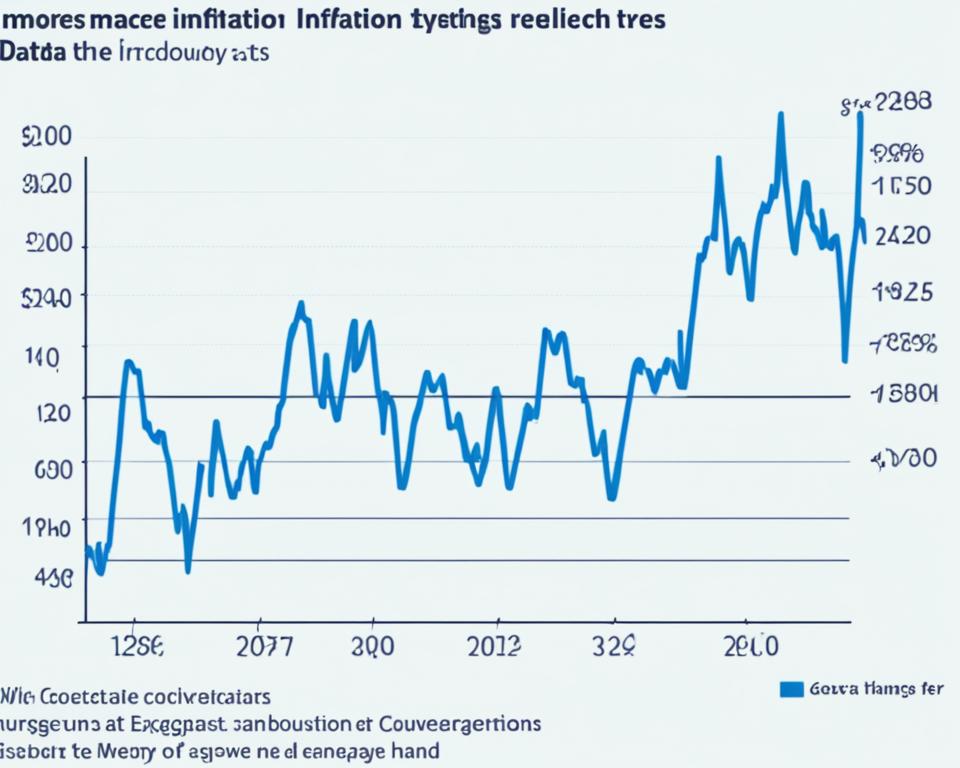The Federal Reserve’s ongoing currency debasement has resulted in rapidly rising food, housing, medical, and tuition prices. The US government has printed over $6 trillion since the start of the Covid pandemic, causing a significant increase in the money supply. This excessive money printing has led to inflation that is out of control and persistent. Despite claims that the inflation is “transitory,” price increases remain high and are not likely to go back to previous levels. Inflation is causing the cost of living to become unaffordable for many Americans, particularly in critical sectors like energy, food, and healthcare. This inflationary cycle perpetuates itself as people push for misguided government policies to combat inflation, such as stimulus checks and minimum wage increases, which only lead to further price increases.
The Manipulation of Inflation Numbers
The government and mainstream media have redefined inflation to mean an increase in the general price level, rather than an increase in the money supply. This redefinition confuses cause and effect, as rising prices are merely a symptom of inflation.
The government uses the Consumer Price Index (CPI) to measure inflation, but this index is flawed and can be manipulated. The CPI fails to capture the uneven distribution of price increases and allows the government to cherry-pick the items included in the index.
By focusing on the change in the money supply, it becomes clear that the government is engaging in significant currency debasement, which leads to inflation. The current increase in the money supply is unprecedented, and if individuals’ after-tax wealth hasn’t grown by a similar percentage, they are losing ground to inflation.

The Future of Inflation and Protecting Yourself
The future of inflation is uncertain and poses significant challenges for individuals seeking to maintain their financial well-being. With ongoing currency debasement and the potential for even more extensive money printing, it is crucial to understand the true nature of inflation and take appropriate action to protect oneself.
One effective strategy to mitigate the impact of inflation is to invest in hard assets that have historically proven to be resistant to its effects. Hard assets such as gold, silver, and real estate have intrinsic value and tend to retain their worth in times of inflationary pressure. By diversifying one’s wealth and holdings into these tangible assets, individuals can preserve their purchasing power and potentially even benefit from inflation.
However, it is essential to stay informed and educated about the true impact of inflation. By keeping abreast of economic trends and understanding how inflation and currency debasement affect financial markets, one can make informed decisions to protect their assets and financial well-being. Seeking the guidance of financial experts and investment advisors who specialize in mitigating inflation risks can also provide valuable insight and assistance in navigating the challenging economic landscape.
As the future of inflation remains uncertain, taking proactive steps to safeguard one’s financial future is crucial. By investing in hard assets and staying informed about economic trends, individuals can better position themselves to weather the effects of inflation and protect their financial well-being.
